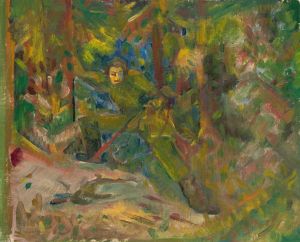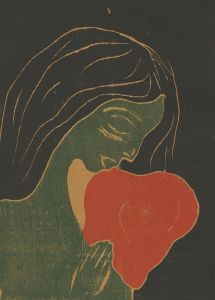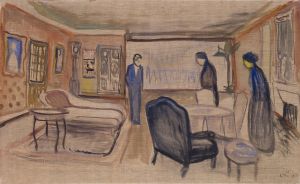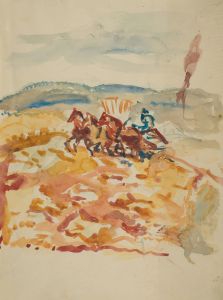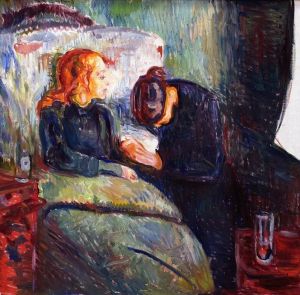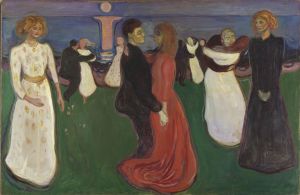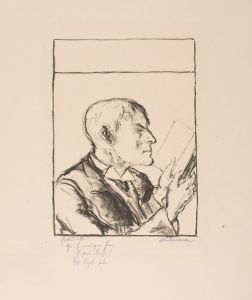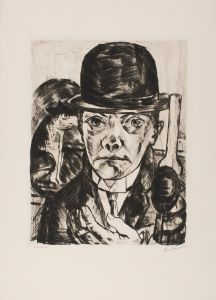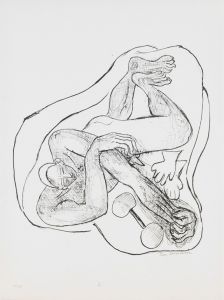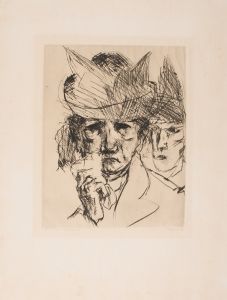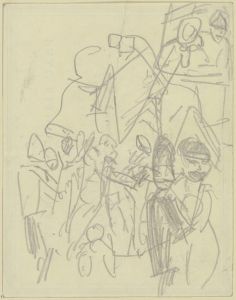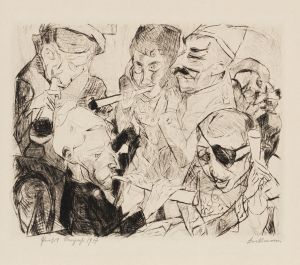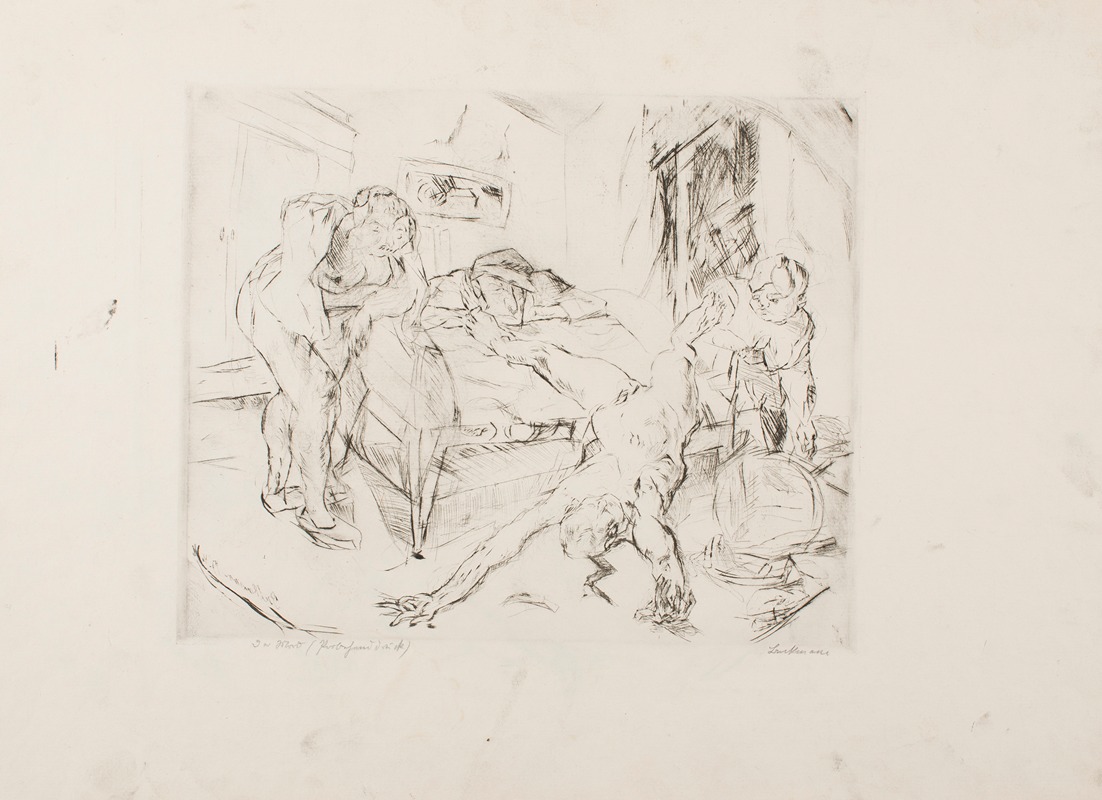
Night
A hand-painted replica of Max Beckmann’s masterpiece Night, meticulously crafted by professional artists to capture the true essence of the original. Each piece is created with museum-quality canvas and rare mineral pigments, carefully painted by experienced artists with delicate brushstrokes and rich, layered colors to perfectly recreate the texture of the original artwork. Unlike machine-printed reproductions, this hand-painted version brings the painting to life, infused with the artist’s emotions and skill in every stroke. Whether for personal collection or home decoration, it instantly elevates the artistic atmosphere of any space.
"Night" is an oil painting created by the German artist Max Beckmann between 1918 and 1919. This work is one of Beckmann's most significant pieces and is often cited as a quintessential example of the New Objectivity movement, which emerged in Germany in the aftermath of World War I. The painting is currently housed in the Kunstsammlung Nordrhein-Westfalen in Düsseldorf, Germany.
Max Beckmann was a prominent figure in the German art scene during the early 20th century. His work is characterized by a departure from the romanticism and idealism of earlier movements, instead embracing a more realistic and sometimes harsh depiction of contemporary life. "Night" is a powerful representation of this approach, reflecting the tumultuous social and political climate of post-war Germany.
The painting depicts a chaotic and disturbing scene set in a cramped interior space. Three men invade a room, where they subject a family to acts of violence and terror. The figures are distorted and exaggerated, a stylistic choice that heightens the sense of tension and unease. The composition is tightly packed, with angular lines and stark contrasts that contribute to the overall feeling of claustrophobia and disorder.
Beckmann's use of color in "Night" is particularly striking. The palette is dominated by dark, muted tones, with occasional flashes of brighter colors that draw attention to specific elements within the scene. This use of color not only enhances the emotional impact of the painting but also serves to guide the viewer's eye through the complex composition.
The themes explored in "Night" are reflective of the broader societal issues facing Germany at the time. The painting can be seen as a commentary on the brutality and chaos that characterized the post-war period, as well as a critique of the moral and social decay that Beckmann perceived in society. The sense of alienation and despair conveyed in the work is indicative of the artist's own disillusionment with the world around him.
"Night" is often compared to other works of the New Objectivity movement, which sought to present an unflinching view of reality, free from the idealization and abstraction that had dominated earlier art movements. Beckmann's painting stands out for its intense emotional impact and its ability to convey complex themes through a single, powerful image.
In addition to its artistic significance, "Night" also holds historical importance as a reflection of the cultural and political climate of Weimar Germany. The painting captures the sense of instability and uncertainty that pervaded the era, making it a valuable document of its time.
Max Beckmann continued to explore similar themes throughout his career, producing a body of work that remains influential to this day. "Night" is considered one of his masterpieces, exemplifying his skill as a painter and his ability to engage with the pressing issues of his time through art.






